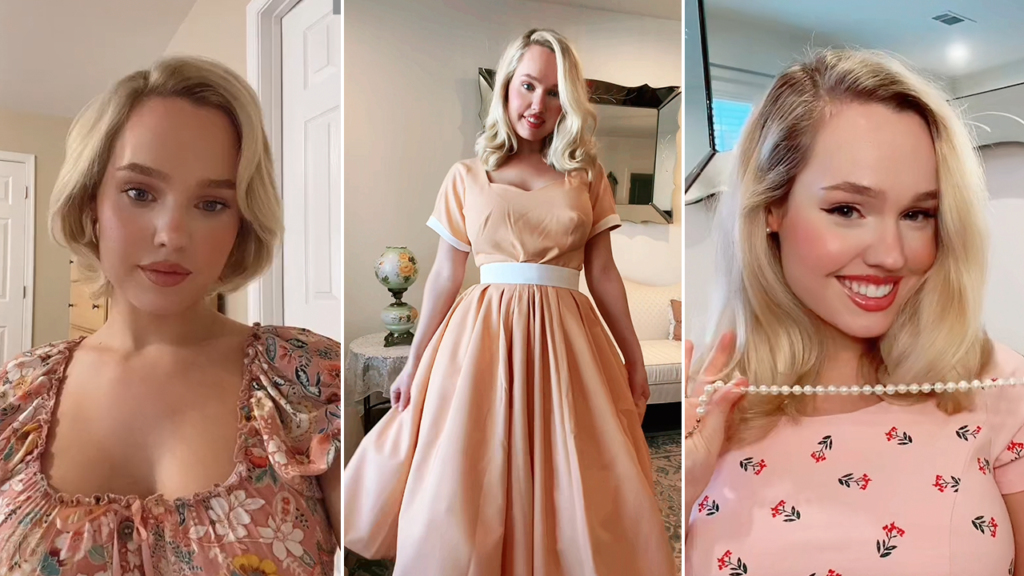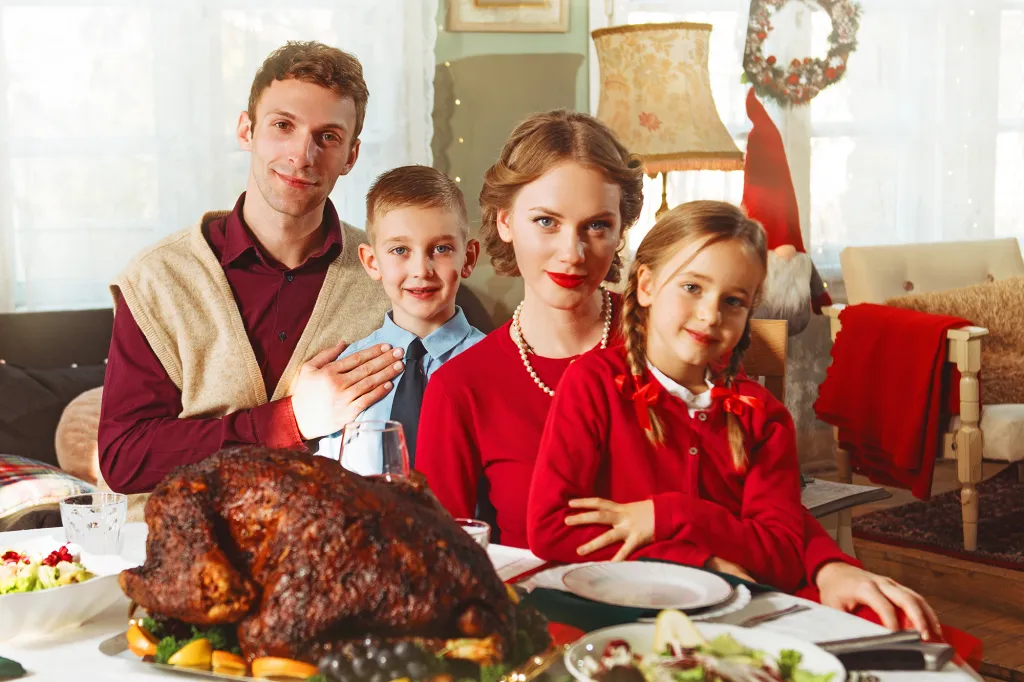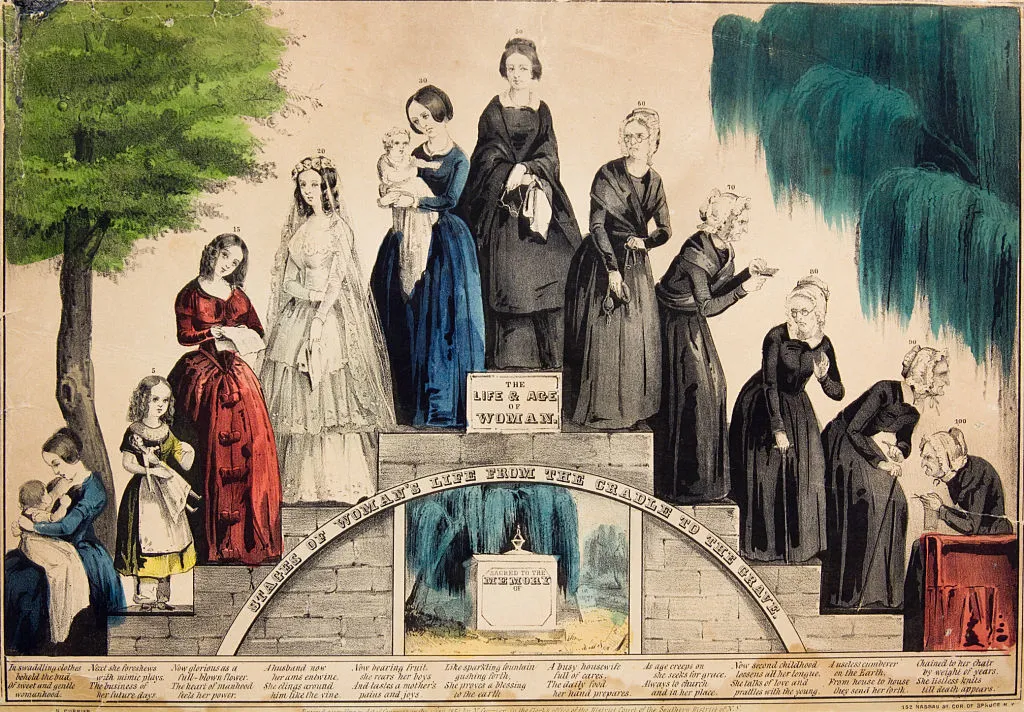On The Rise Of Traditional Values On Social Media
For a long time now we have seen on social media the increase of creators breaking down the concept of “traditional values” and, specifically for women, the aesthetic of a “traditional wife”. While part of this content has been generated by men, who preach the necessity of having gender roles in a couple and returning to outdated dynamics, the other part has been created by women who glamorize the role of a traditional wife to the point that it has become an aesthetic.

Those who are more affected by the first type of content are usually the men, as it is created by men for men. The topics covered can vary from how to approach dating, what is to be expected from young boys and the concept of a high value woman who often corresponds to the passive half of the relationship. For instance according to these takes, a “high value woman” should dress modestly, take care of the house and raise the children, but most importantly be happy to reach the standard she is held to. While i don’t know women who would consume and agree with this type of content, for the men that do, it not only creates a dystopic view on relationships but it spreads the idea that a woman’s appearance and values should be shaped at the man’s will.

The other side of this coin is the content generated by women, who glamourise this life without specifying its problematics. What i am referring to are the videos – especially on tiktok- that break down “how to be a trad-wife” and that created a whole aesthetic around this persona. The problematic aspect of this trend starts from its very own name “trad-wife” as it implies that there is a role in which the woman belongs, from which now she has just distanced her self.
But the traditional woman they referrer to, even without realising it, is the woman who could not vote (in Italy until 1946), the married woman who could not have money under her name (in France until 1965) and the woman who could not have her own credit card (it the USA until 1974) to only quote a few.
But the problem spreads further because the life of a traditional woman is labelled as a “soft life” since apparently it is not characterized by the stress of work. While the truth is that raising children, both for the women and the men, despite being a fulfilling life project it does not come without stress. Labelling it as easier creates false expectations for women especially, as they do not only raise the child but carrie it as well. Hiding under the carpet the difficulties of motherhood is what leads women to think that maybe they don’t feel completely fulfilled because they don’t have a child and that the child in question will make their lives better. And while children can be the missing part in a lot of people’s lives, they are not the missing part in all people’s lives.

Motherhood on the side, the encouragement of leading a life as a traditional wife creates financial problems as well. Not having your own money, aside from your husband’s generates power struggles, dependency, fear and the impossibility of leaving if the relationship turns out to be unfitting or violent. Romanticising financial dependency is not an aesthetic, is patriarchy masqueraded as a Pinterest board. Moreover this way of life has the power of influence women’s education as well. In a time where most women have the possibility of attending university and college this is what they should focus on. And if not university they should still work on creating independency and keep on educating themselves. If later on some decide to put aside their career to embark on the journey of motherhood, they will do so with enough awareness on what to expect. But encouraging young girls to lay off college, get married early and let their husband handle all the “hard things” is a one way street to having them lose themselves in the role of “wife and mother”.

A woman should be defined as thousands of things before being a mother, and even while being so, there should be another thousands of things to define her. While for some being a mother full time and taking care of the house is what fulfils them most, it should not be labelled as the traditional role of the woman and let along described as the easier path.

